Even though I often find myself in spaces surrounded by people who don’t look like me nor share a cultural common ground with me, I try not to feel self-conscious about the color of my skin or the marked differences of our ancestors’ experiences.
I try not to hone in on those truths. I choose not to contemplate these things, not because I am ashamed of who I am or the amount of melanin in my skin, but because over time, realizing you’re a minority in a world of majorities can be overwhelming.
But there are times, when I can’t help but feel the effects of a system built on discrimination trickle down on me.
There are moments when, despite the efforts I make to respect all people or present myself as a productive, contributing member of society, I’m looked at as inferior based on a false notion birthed from either hate or a lack of understanding of individuals whose skin color or background differs from their own.
One of these moments came last week when I was in the midst of reporting on local activists’ fight to remove two confederate statues from the city. I found myself observing a relentless pursuit by a group of distressed people who look like me stand up for what they believe in.
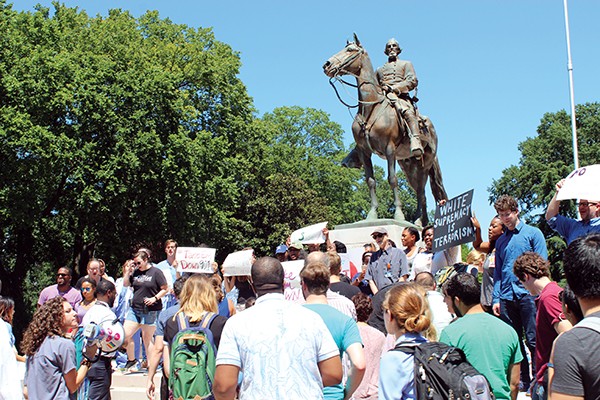 Maya Smith
Maya Smith
Health Sciences Park
On the other hand, I also found myself in an uncomfortable space of division and apathy.
I saw police officers standing in packs, laughing off protesters’ efforts, casually chatting among each other. And then there was the one disinterested cop who thought a protest would be a good time to pick his lunch from his teeth with a stick of floss.
At a protest early in the week, I heard one supercilious cop say to another, “I don’t get their point.” Cop #2 then spat, shrugged, and returned to cleaning his fingernails.
I couldn’t help but glare at the cop who made that statement. He was choosing to be ignorant and dismiss the obvious “point” of their actions: the removal of statues honoring two men who represent racism and hate.
When my eyes met his own entitled eyes, I realized this was the same cop who greeted me with the most condescending smirk I’ve ever received, followed by a disapproving head shake as I approached the protest earlier that evening.
As a journalist, I’m charged with reporting the news without bias, and that mostly comes with ease.
However, in that space of tension last week, not only did I become self-conscious about my brown skin, but I was flooded with emotion.
The prevailing emotion at the time, I believe, was fear. I was afraid of not only what could have transpired at that protest, but afraid of the larger divisive state of the city and the country.
I also felt sad. I was sad that those cops, who took an oath to protect and honor the city’s communities and those living in them, couldn’t even muster up enough empathy to understand where the protesters were coming from.
Coupled with that sadness was anger. I was angry at the people who showed up to “protect the statues” that day and all who have tried in the past. They fail to realize that those statues have a completely different connotation for people with brown skin. Or maybe they do realize it but simply don’t care. That possibly is even more disheartening because no one is free until everyone is free.
I think some might be missing the argument behind wanting the statues gone. No, a statue itself cannot repress a person, but what it represents can.
Nathan Bedford Forrest, who is memorialized in Health Sciences Park for all traveling down Union to see, was heavily involved with the inception of the Ku Klux Klan. The group was formed solely to violently terrorize blacks, northerners, and others whom they opposed.
The KKK has a history rife with violence, oppression, and cruelty — with hate (or perhaps ignorance) at the core of it all.
So, it’s truly, truly hard for me to understand why in 2017 it is okay for the former Grand Wizard to be honored in such a prominent location in a majority black city.
“It’s a part of history,” they say. Or as some like to put it, “you can’t erase history.”
They are so right. I don’t think anyone is stocking up on erasers and time machines. But I do think that the history lesson could be moved to a more appropriate classroom — perhaps a confederate museum.
People should not have to be reminded of a history that thrived on hate and oppression. Why can’t we move on?
So yes, I believe the statues of KKK Grand Wizard Nathan Bedford Forrest and president of the confederate states Jefferson Davis should be removed from this city. There’s no question about that.
Still, I won’t stand by the belief that removing figures made of stone and concrete will fix the problems in this city.
Even if the statues came down next week, justice and equality for all in this city would not be achieved overnight. The system would still be broken.
When activism falls short, I believe action must pick up the slack. Let’s do what we can with what we have, right now where we are. That means stepping into our city’s communities of color to lend a hand, meet its needs, tutor, mentor, and uplift. There is groundwork that can be done today to rewrite this city’s future — when will we begin?
Maya Smith is a staff writer for the Flyer.
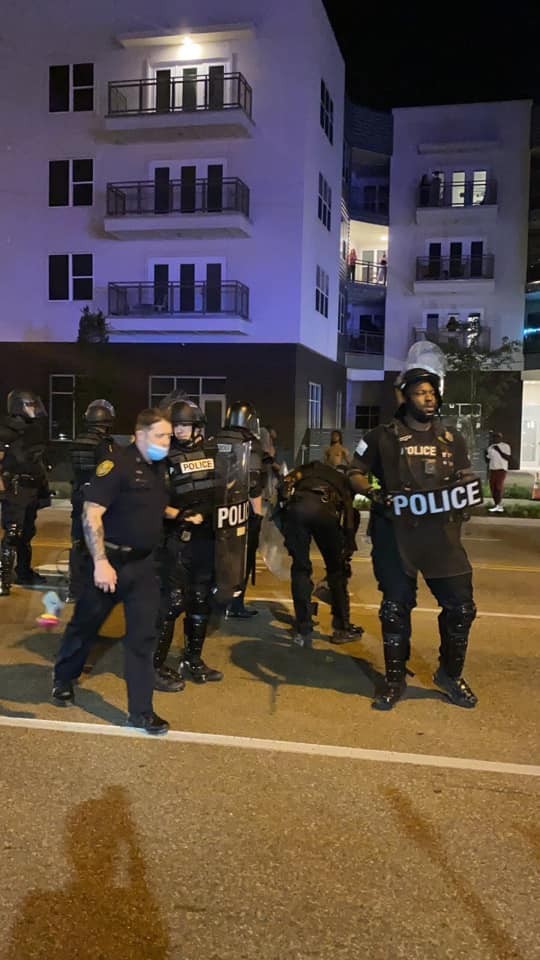 Facebook/Tami Sawyer
Facebook/Tami Sawyer 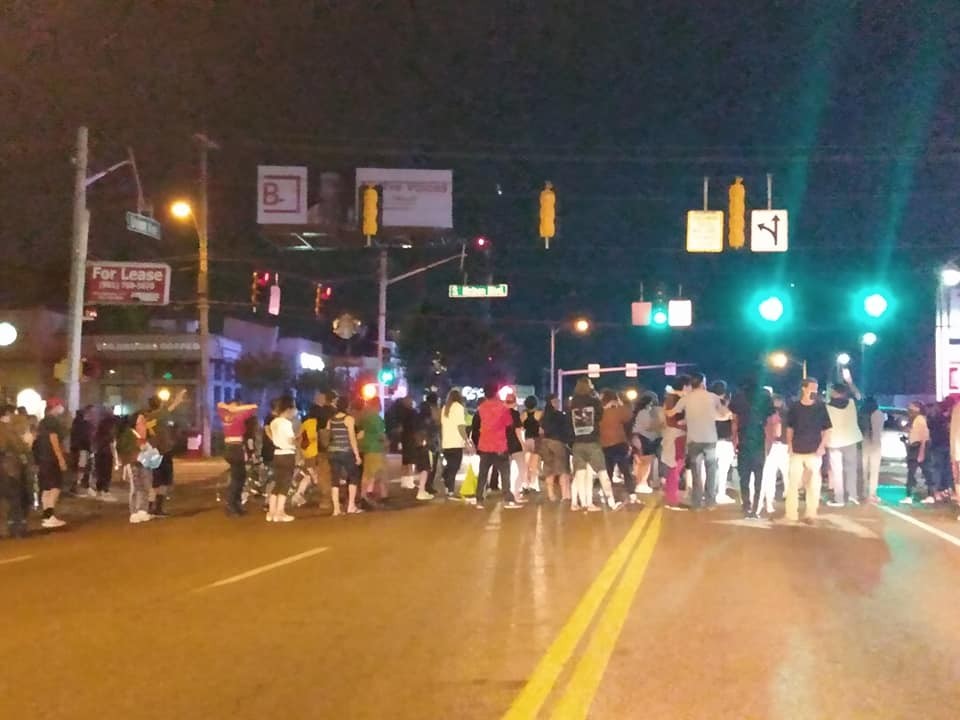 Facebook/Hunter Demster
Facebook/Hunter Demster  Memphis Police Department/Facebook
Memphis Police Department/Facebook 
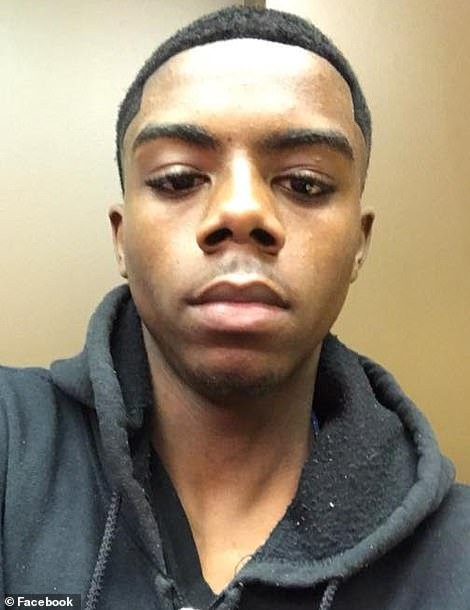 Facebook
Facebook 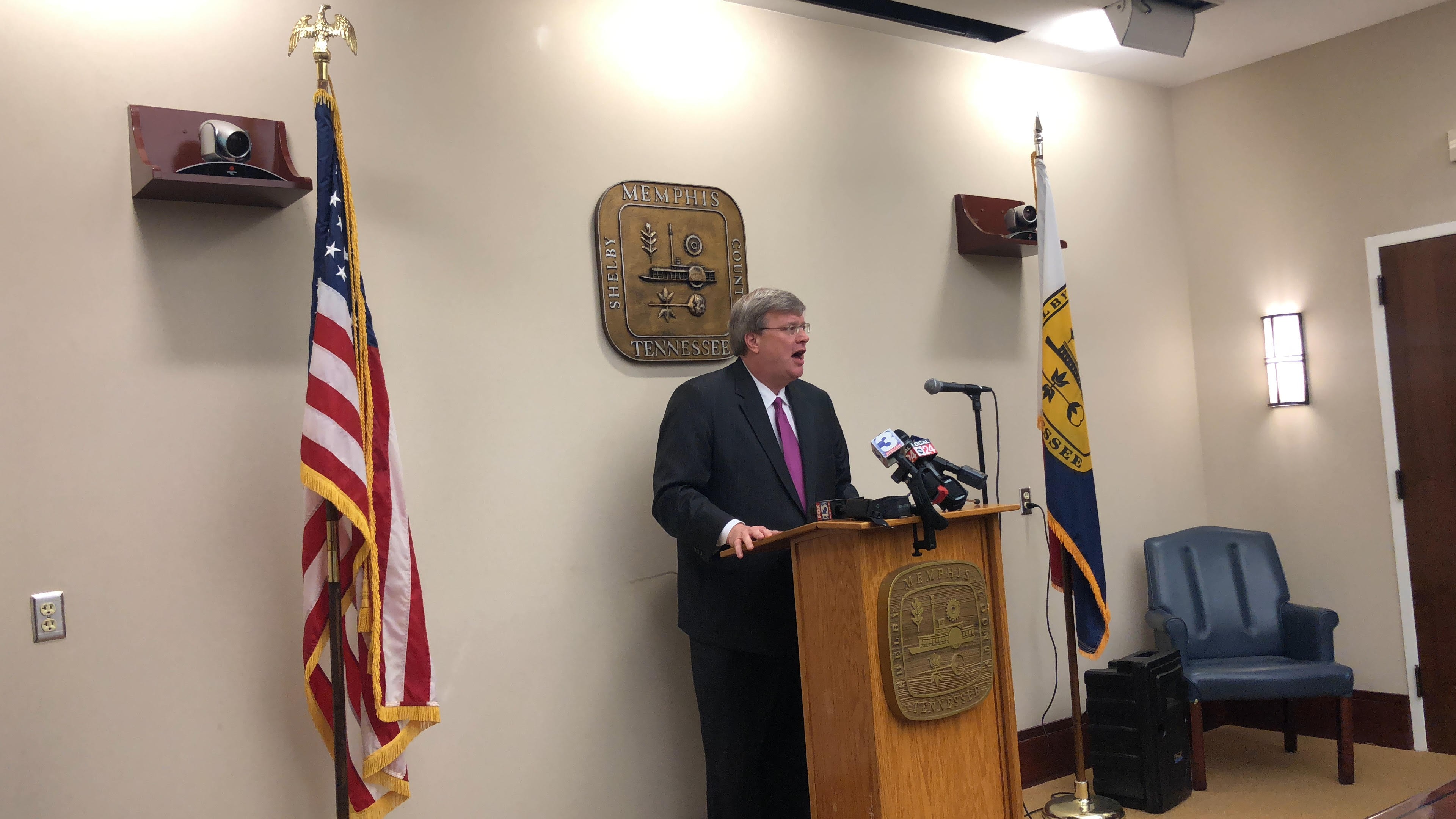
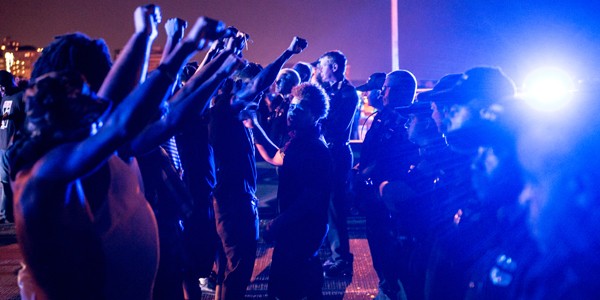 Brandon Dill
Brandon Dill 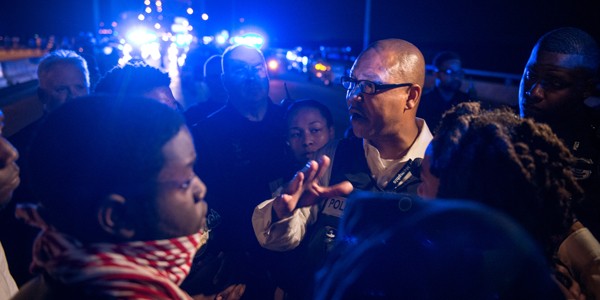 Brandon Dill
Brandon Dill  Maya Smith
Maya Smith